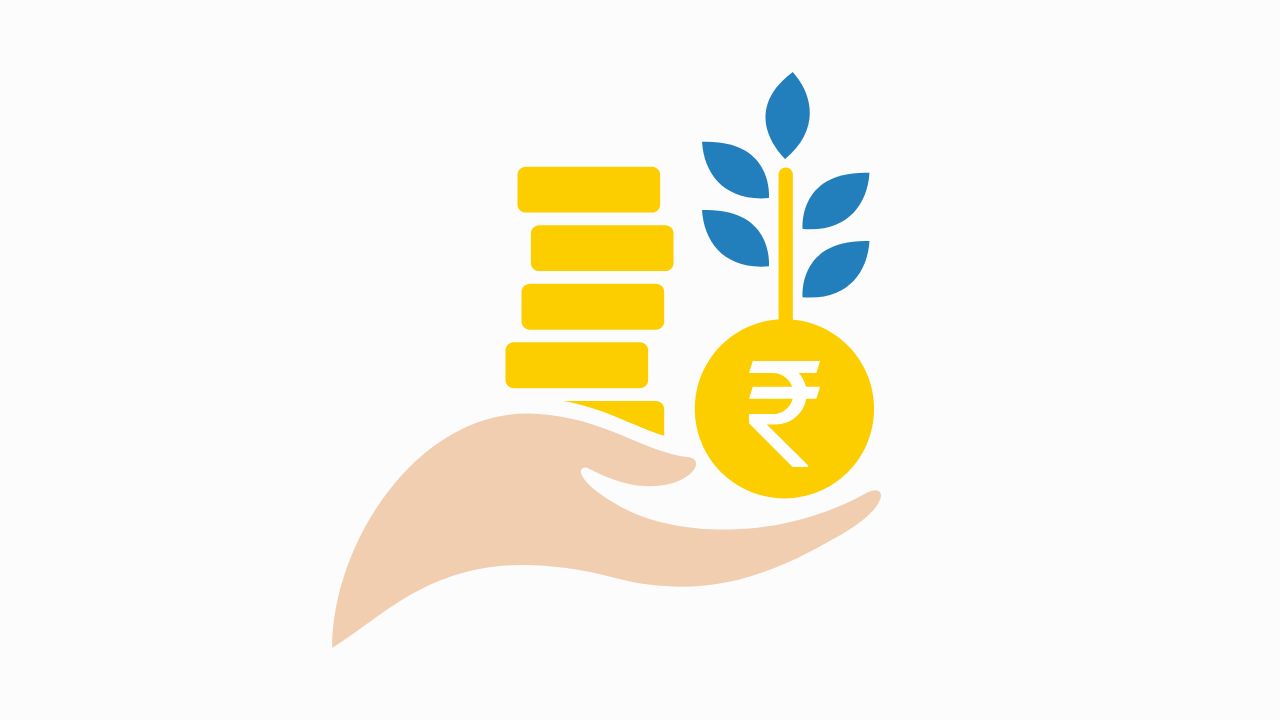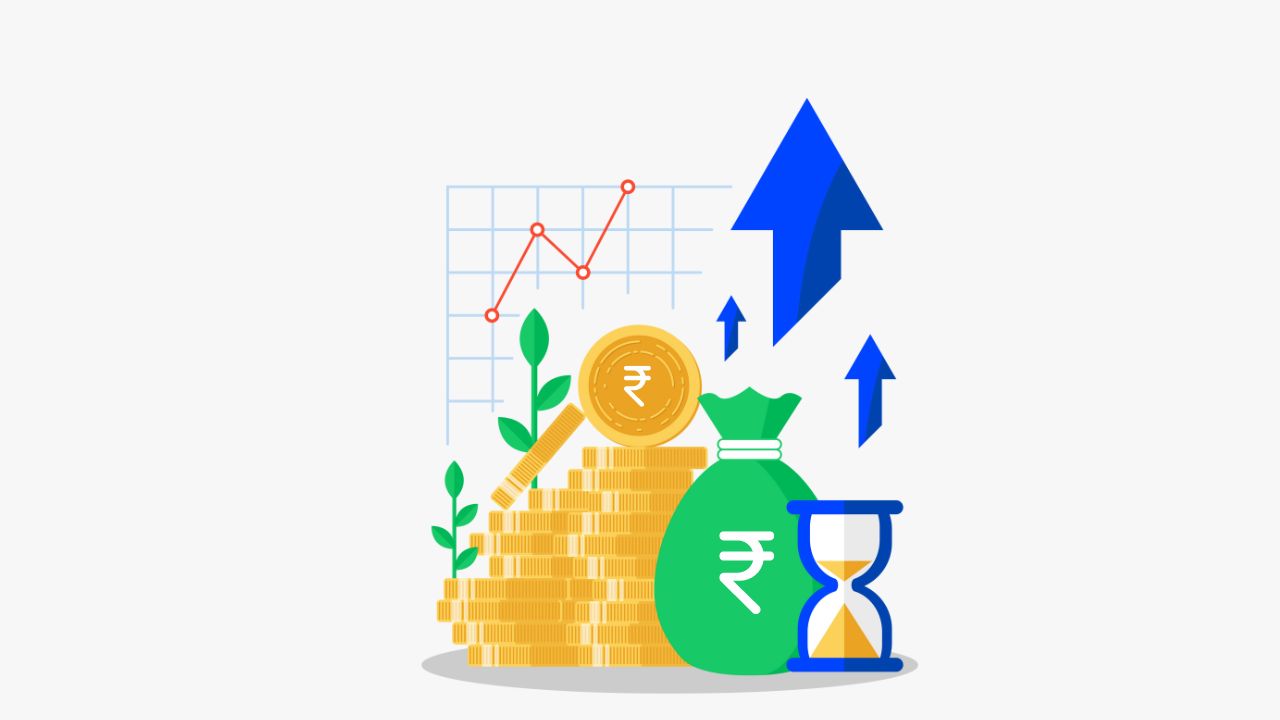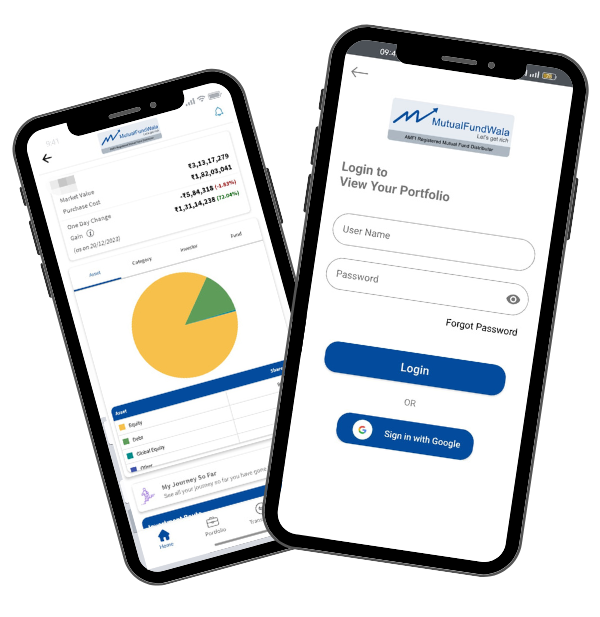ETFs, or Exchange Traded Funds, are investment funds that are traded on stock exchanges. They combine the diversification of mutual funds with the flexibility of stocks. ETF have certain advantages as compared to Mutual Funds.
Types of ETFs
- Equity ETFs: Track a specific stock index or sector.
- Bond ETFs: Comprise a portfolio of bonds, providing fixed income.
- Commodity ETFs: Invest in commodities like gold, oil, or agricultural products.
- Sector ETFs: Focus on specific industries such as technology, healthcare, or finance.
How to Invest in ETFs
- Through a Demat account: Investing in an ETF is like investing in a stock.
- Research and Select: Evaluate different ETFs & choose the one that is consistent with your investment goals and risk appetite.
Should You Invest?
Pros
विविधीकरण: Spread risk across multiple assets.
Liquidity: Easily bought and sold on the stock exchange.
Low Fees: Generally have lower expense ratios compared to mutual funds.
Real Time Decision Making: ETF trade on a real time basis. Hence, offering uniform pricing and NAV at the time of purchase.
Cons
Market Risk: Value fluctuates just like stocks.
Tracking Error: ETFs may not always replicate their benchmark.
Taxation : ETF are taxed as a stock.
Long-term Capital Gain (more than 365 days): 10% tax is levied on the profit, plus applicable surcharges and cesses.
Short-term Capital Gain (less than 365 days): 15% tax is levied on the profit, plus applicable surcharges and cesses.











